What’s in the water you are cooking with?
We all spend a lot of time worrying about the food we eat. Is it healthy and organic? Does it have any unhealthy additives? But have you given consideration about the water you cook with?
Not all water is created equal! Sourcing safe water for cooking is incredibly important when striving for optimal health. Before boiling, steaming, or adding water to your foods, be sure you are taking into consideration the possible contaminants that could be in your water.
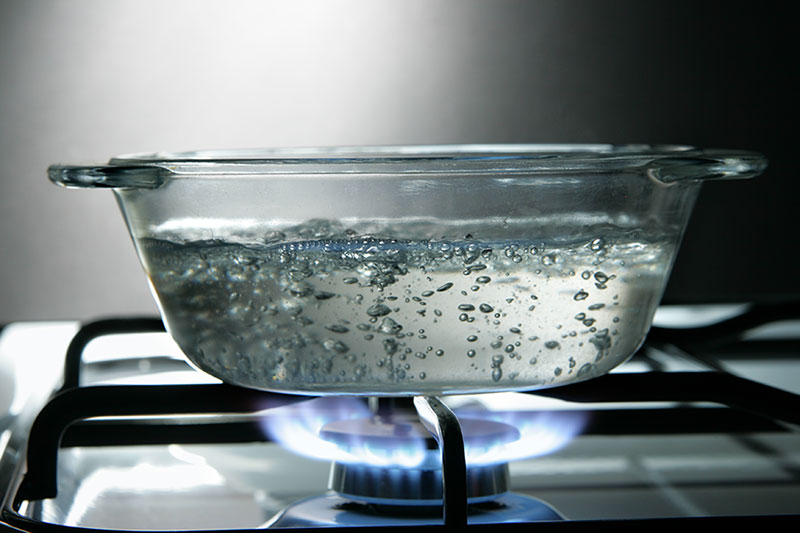
Dangers of Cooking with Tap Water
The water we want to be the most cautious about is city/tap water. Depending on the city you live in, your water might be treated with the chemicals like fluoride and/or chlorine and can even contain lead and traces of prescription medications. Fluoride specifically is classified as a neurotoxin and has detrimental effects on the human body and brain from prolonged consumption.
These harmful toxins still exist in the water you boil or use for cooking, because the chemicals are not affected by heat, so they then leach into your food or drink. The best way to avoid these chemicals is by using a water filtration system, such as a Berkey or a reverse osmosis system, which removes those chemicals out of the water.
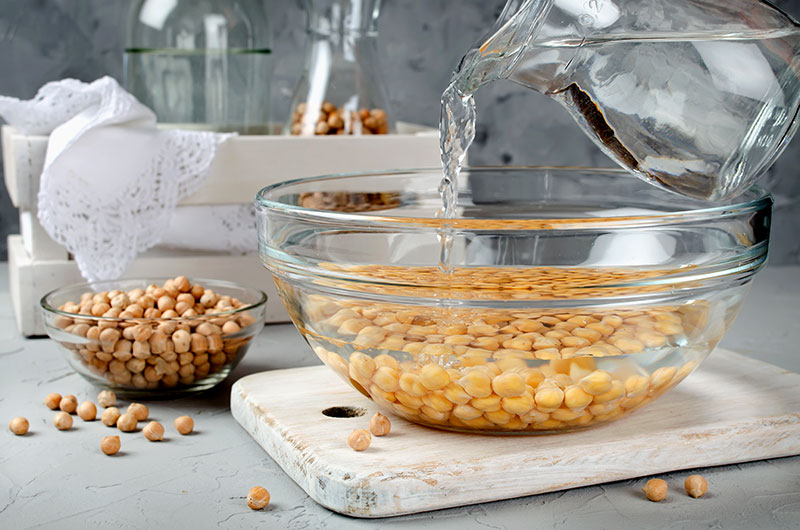
What About Well Water?
Well water can be a safe option for cooking, as it is not treated with chemicals. However, it can pose another set of health risks.
Well water can contain pollutants used on the ground above it or around it, and these pollutants can include heavy metals such as lead, harmful bacteria, and other pathogens. This is where you would want to get your water tested by a reputable source to make sure it is safe to drink and cook with.

Does Using a Water Filter System Help?
You can also consider water filters such as Berkey, PUR or Brita which can remove a large amount of impurities from the water. Just be sure that your filter takes care of microorganisms, which is another word for parasites. For example, some Brita faucet filters remove microorganisms, while their pitchers do not.
We hope this information is helpful as you continue to implement safe cooking practices!



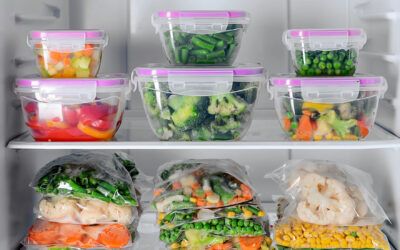

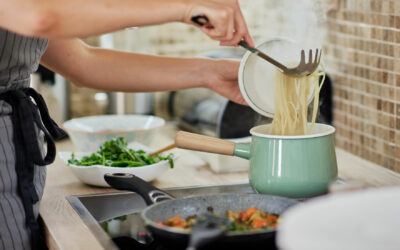


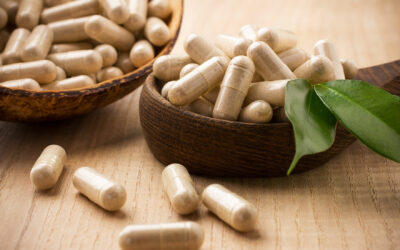
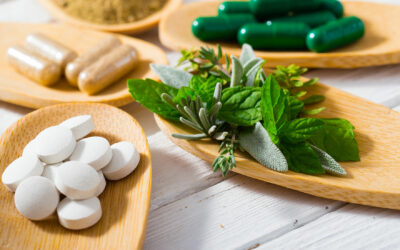

0 Comments